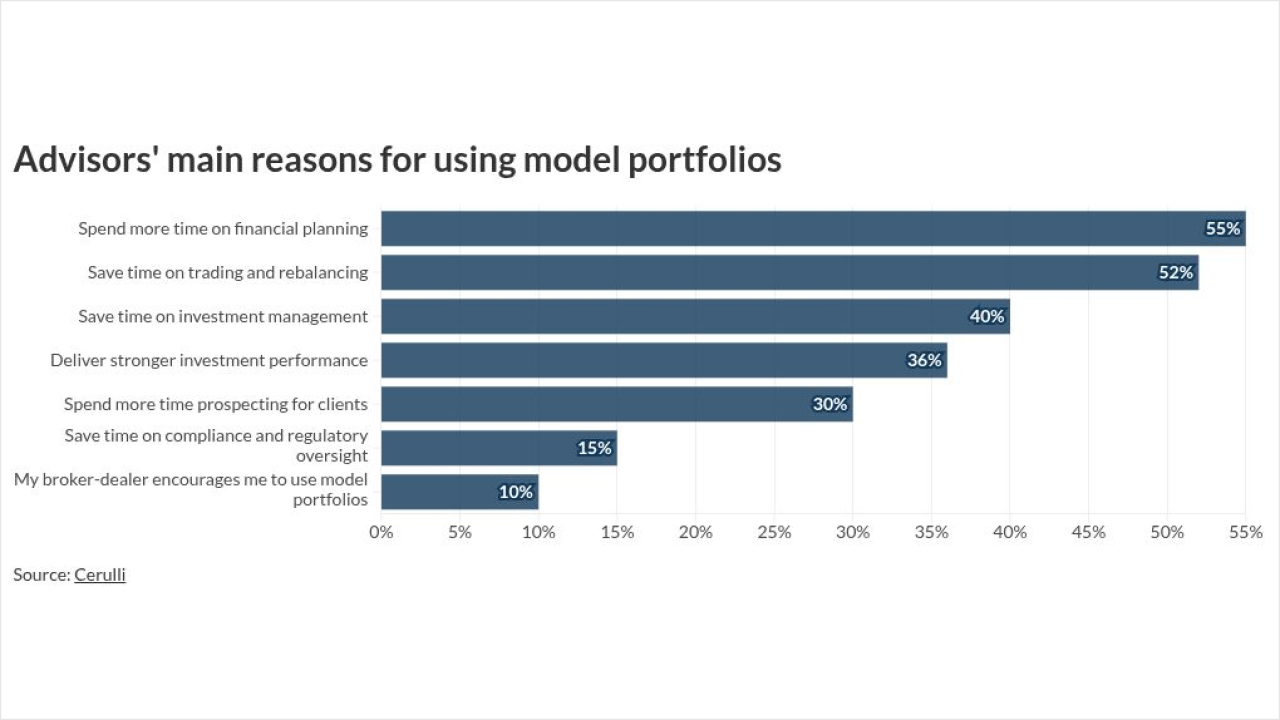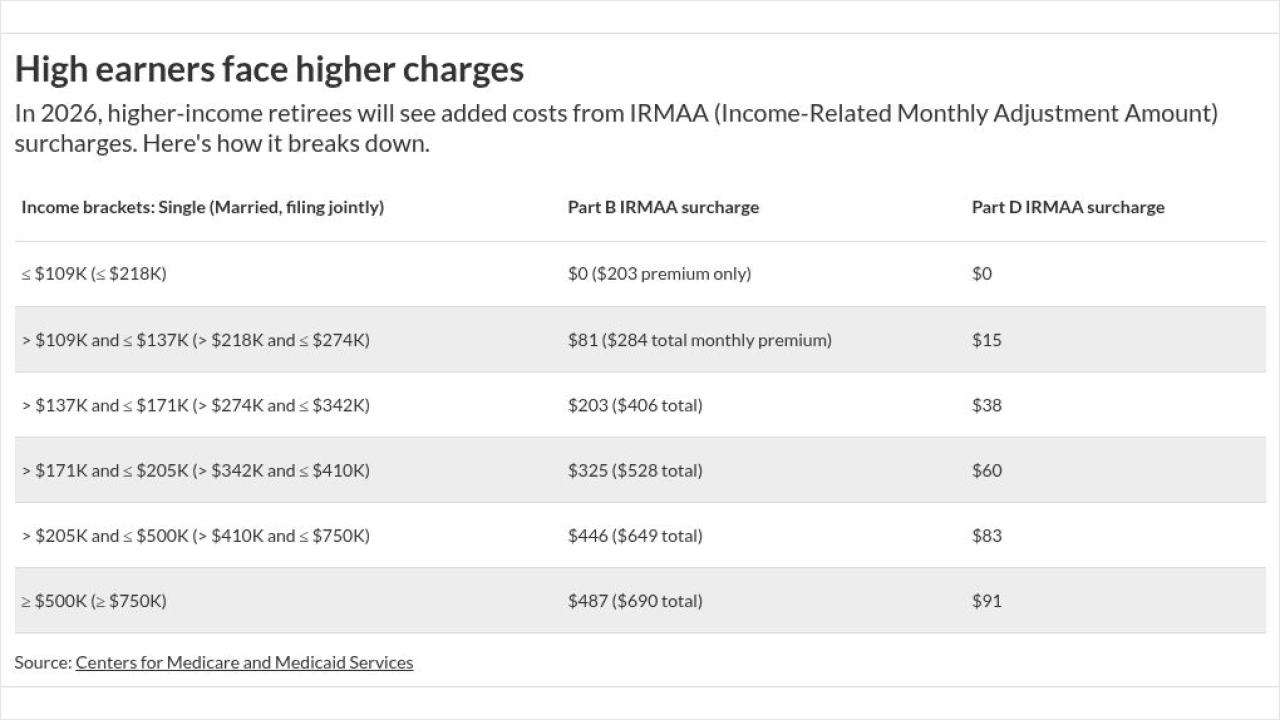At the wirehouses, compensation rubrics are tweaked almost every year now.
These annual compensation-plan overhauls can range from incremental to dramatic. They’ve been touted as a means to stymie attrition and attract new talent, or as a way to push new products and redirect corporate cash flow.
Additionally, in an effort to make the biggest splash with a new compensation plan, wirehouses have been jockeying to announce their programs first — in some cases as much as 10 months prior to the actual start of new program’s launch. What wirehouses seem incapable of realizing is that these overzealous overhauls, and the frequency with which they are occurring, are having the reverse of the intended effect, conveying a message of instability to their advisors.
“Firms that are able to put their egos aside and recognize that their advisors are, in fact, their greatest asset will be the ones that garner the greatest results.”

This trend is happening at all the wirehouses except one — UBS — which has decided to break ranks by
UBS' logic, and rightly so, is that yearly changes can often signal a lack of security to an advisor, and that’s a sentiment they wish to avoid. By foregoing the wirehouse trend, UBS has thereby assumed a model more in alignment with a retail brokerage firm. Giving credit where credit is due, UBS' compensation approach sends all the right signals to its team by putting the advisor and their needs front and center. In a year marked by change, including the here-today, gone-tomorrow DOL rule changes, UBS is giving a much-needed breather to their advisors by leaving their existing compensation plan intact.
In fact, although UBS remains a non-protocol firm, their existing compensation is quite solid and takes a strong advisor-centric stance. As it stands today, UBS offers a top payout rate of 50% in addition to two bonuses advisors can earn for their length of service and net new household acquisition. Additionally, UBS has announced plans to remove a $50-million household cap for the net new business award and has committed to providing greater flexibility in how teams can earn bonuses as a shared award.
UBS' strategic approach to compensation is a good move. The greatest financial gains are reaped not only by those advisors most loyal to the firm but also by those advisors bringing in the greatest amount of assets. Further, by allowing teams to determine how to share bonuses, UBS conveys the message that their senior leadership understands the landscape of financial services today. Namely, that there are very few large, sole-practitioners and that large-scale net new assets in the current financial climate are the product of a cohesive team effort, and, therefore, should be rewarded as such.
-
The move puts the Swiss bank more in sync with practices at regional brokerages.
September 13 -
Recruiter Michael King discusses which firms have the most brand value, and where young recruits would be wise to look to start a career. He offers his insights as we continue the dialogue from our Recruiters Roundtable.
September 26 -
The policy had been under review after a federal appeals court vacated the fiduciary rule earlier this year.
August 30

As with anything, though, there is always room for improvement and this holds true at UBS, too.
Currently, UBS has plans to introduce a one-year non-solicitation clause in February 2019 for deferred compensation tied to its strategic growth awards. While this clause does not affect payouts or compensation, it does represent a hurdle UBS advisors will need to face when evaluating their relationship with the firm.
In the end, be it UBS or another firm, the important takeaway remains the same: Firms that are able to put their egos aside and recognize that their advisors are, in fact, their greatest asset will be the ones that garner the greatest results.
Stability, fair compensation and a positive and inclusive work environment — these are what advisors are demanding.
Now, it's time for the wirehouses to listen.





